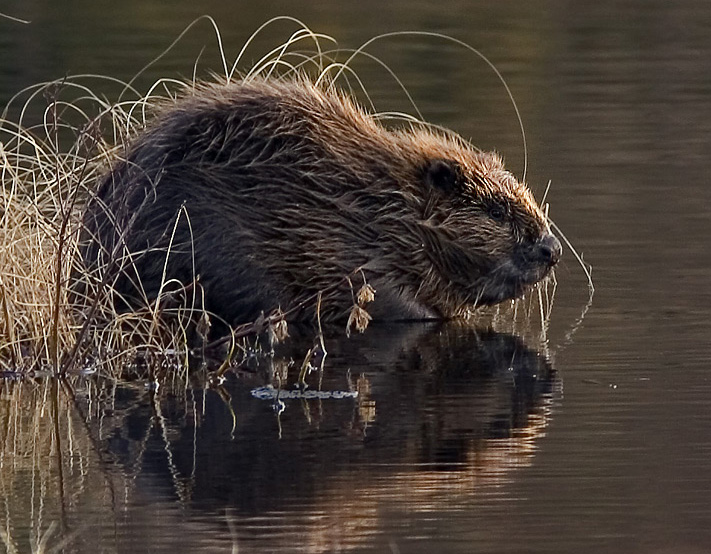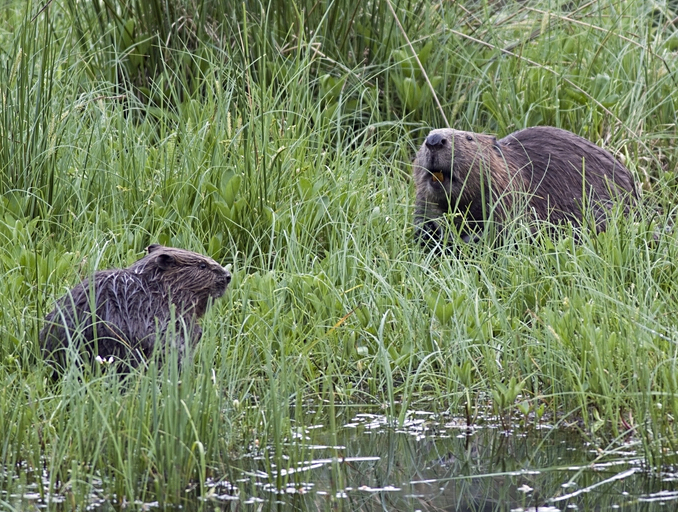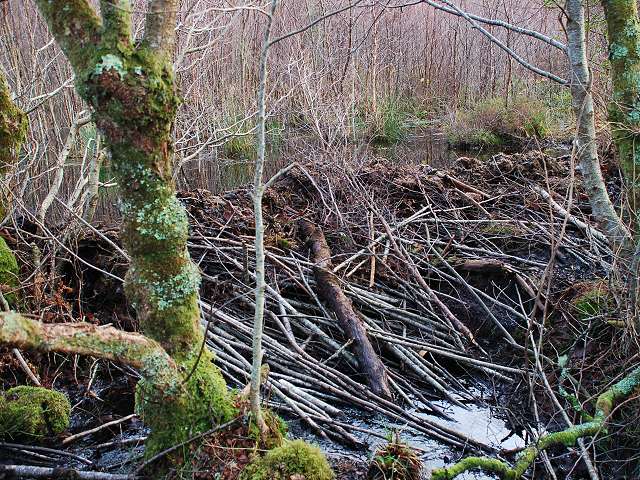Two baby beavers have been born at the Lost Gardens of Heligan, Cornwall. The event, while seemingly modest, carries profound implications for conservation efforts across Britain. Beavers were once a familiar presence across the nation’s rivers and wetlands, but were hunted to extinction more than four centuries ago for their pelts and perfume extracts.
The parent beavers, named Twiggy and Byrti, were introduced into a captive breeding enclosure on the Heligan estate in 2023 and early 2024. The habitat, crafted in collaboration with the Beaver Trust and Natural England, was intended to give the animals the conditions they need to thrive: slow-moving water, abundant vegetation, and, crucially, peace from human interference. For months, the team watched closely for signs of success, unsure if the animals would adapt. The arrival of the kits confirms what many had hoped: not only have the beavers settled in, they have started a family.
Staff at Heligan have expressed cautious delight. Young beavers are notoriously elusive in their first few weeks. They stay hidden in the lodge, only venturing out when strong enough to swim. It is believed the kits were born earlier this spring making their emergence now a sign of growing confidence and comfort to their surroundings. The team has been monitoring their development from a respectful distance, using trail cameras and signs in the landscape to piece together a picture of how the young family is progressing.
This development is more than just a charming story about woodland creatures. Beavers are considered “ecosystem engineers” for a reason. As we have previously covered, their presence dramatically reshapes the environments they inhabit. As they build dams and dig canals, they create wetlands that support a wide range of life from dragonflies and frogs to bats and birds. Their work also slows water flow, which can reduce downstream flooding and help maintain moisture in the landscape during dry spells.
Cornwall, like many parts of Britain, faces increasing challenges from extreme weather. The natural water management that beavers provide is not a silver bullet, but it is a low-cost, low-impact way of building resilience into the land. Already, farmers and landowners involved in beaver projects elsewhere in the country (where beaver populations are now believed to be between two or three thousand) have reported better water retention, improved soil quality, and a noticeable increase in local biodiversity.
The birth of the kits also hints at a future in which beavers might return to the wider Cornish countryside. While the Heligan enclosure is secure and closely monitored, it is part of a national movement pushing for wild releases. Earlier this year, the government granted licenses for free-living beavers to be released into English waterways for the first time in centuries. Cornwall Wildlife Trust is already preparing for such a step, with plans underway for a wild release in the Par and Fowey catchment later this year.
For now, the young beavers remain close to home. They will likely stay with their parents for a couple of years before setting out to form territories of their own. It is too soon to say where that journey will take them. But their birth marks a turning point, not just for Heligan, but for the broader story of rewilding in Britain.

European BeaverHarald Olson

Mother and kit

Beaver dam
